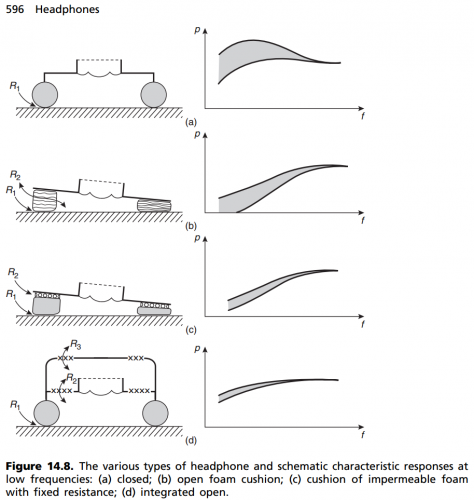cel4145
Headphoneus Supremus
The Higgs boson particle, from what I understand, didn't exists until it was proved it did. For 50 years it was a theory until was a fact. Sure, lots of theories are proved wrong, but when evidence points to something, and theory points to the something, there is likely something.
My point: If a blind test of two DACs with different implementations point to a difference in sound, even if that cannot be measured, then it's probable we just haven't figured out what to measure, or we don't have the right tools to measure. Expectation bias is very real, but assuming it explains all perceived differences is as dogmatic as blind trusting the reviews of audiophile pundits.
Well, let's not compare science with pseudo scientific claims from the audiophile community. The idea that DAC differences aren't measurable isn't coming from the scientific community. Just because some people "theorize" that anal probe alien abductions are real, doesn't mean we should put any stock in it.
Then I don't understand the sweeping generalization about expectation bias. For instance, you should know that volume differences can affect perceived differences in listening tests. It's not all about expectation bias.















![20170926_002750[1].jpg](https://cdn.head-fi.org/a/10005832_thumb.jpg)






